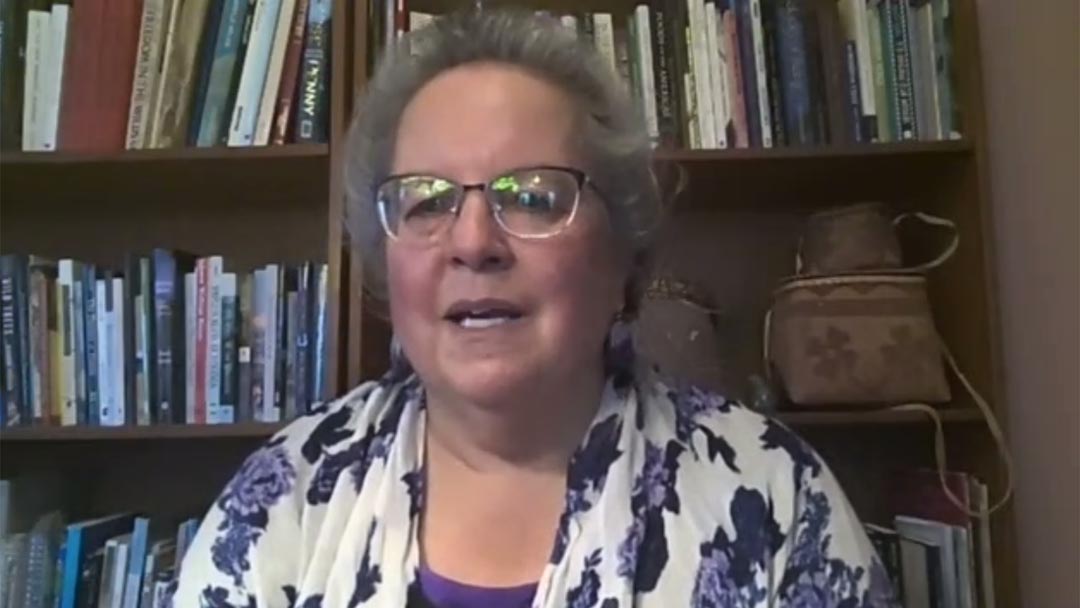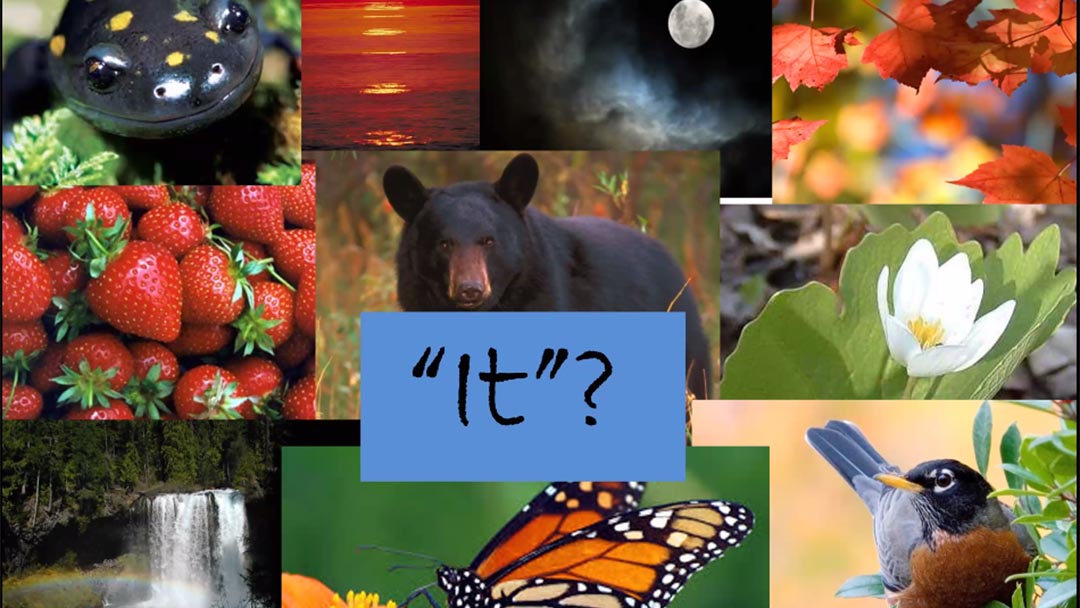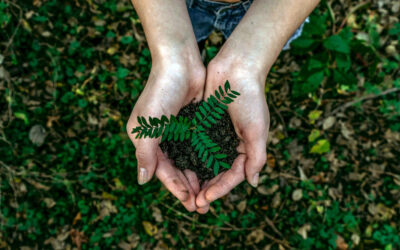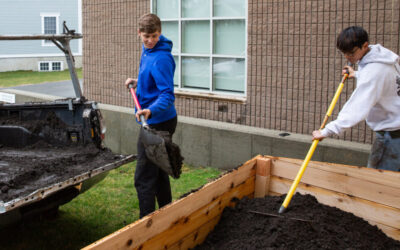Changing our language and shifting our frame of reference can put us on a path toward honorable relationship with the natural world


Concord Academy’s deep commitment to sustainability — a pledge made public this fall in the school’s sustainability plan — was the reason Robin Wall Kimmerer was eager to speak with the CA community. Prior to the pandemic’s disruption of the spring 2020 semester, CA had been planning its first Sustainability Festival — an event intended as support for individuals’ environmental efforts as well as the school’s commitment to creating a more just and sustainable future. After that April event had to be canceled, the CA community was extremely fortunate to be able to spend time with Kimmerer, who unites her scientific training with her lived experience as a mother and an enrolled member of the Citizen Potawatomi Nation in her much-celebrated collection of essays, Braiding Sweetgrass: Indigenous Wisdom, Scientific Knowledge, and the Teachings of Plants. A professor of environmental and forest biology at the State University of New York College of Environmental Science and Forestry, and director of the Center for Native Peoples and the Environment, Kimmerer spoke with more than 100 CA faculty and staff members, students, parents, and alumnae/i via videoconference on May 12.
In a down-to-earth talk, Kimmerer related some of her own learning from what indigenous cultures know to be our oldest teachers: plants. In discussing what the earth asks of us in exchange for the gifts it provides, Kimmerer interrogated what we mean by “sustainability.” In this effort, she insisted, attention to language is of great importance. When we value land as capital, property, or as “natural resources,” we value the earth for what we can take from it; conversely, when we value the world around us as a gift, we value it for its intrinsic nature. Through an indigenous lens, land is our home, our sacred source of knowledge, and our identity: Who we are is inseparable from the place that sustains us. In this framework, land is our moral responsibility, not a place over which we claim rights.
Rather than offering advice about any particular actions to take, Kimmerer stressed that reformulating our understanding of sustainability is our essential task. “Social justice and equity are part of sustainability,” she said. And as the indigenous teachings make clear, it is not our right to keep taking; we must approach every day with the question of what we can give.
So what does the earth ask of us? Kimmerer offered several answers.
Gratitude was the first, a foundation for the others. “Ecopsychologists have demonstrated that people who practice deep gratitude consume less than those who don’t,” Kimmere said. “It creates an orientation of abundance, rather than scarcity, which capitalism demands of our thinking.” That’s no small matter when human consumption is driving us to the brink of climate chaos.
The earth also asks for our attention, so that we may see the gifts of the world. “Attention is a limited resource,” said Kimmerer. “It creates relationship and intention — attention leads to intention, which leads to action.” Though a study Kimmerer cited demonstrated that young people today can recognize over 100 corporate logos, by contrast they recognize fewer than 10 plants. Learning the names of other beings, and learning about what authentically takes care of us in the world, Kimmerer called “an act of real resistance.”
Restoration is also necessary. What Kimmerer called “wounded places,” such as Syracuse’s Onondaga Lake — the sacred lake of the Onondaga Nation, also the most polluted lake in the United States — require acts of reciprocity. After working as a restoration ecologist for several years, Kimmerer came to understand, she said, that “it’s not the land that’s broken but our relationship to the land that is broken.” We can restore a “whole relationship and turn all of our gifts toward healing and away from destruction,” she said, if we connect with the land through “the gifts of understanding emotion and connecting to spirit” as well as the gifts of science.
Finally, the earth, said Kimmerer, asks for our respect. She explained how the indigenous protocol of the Honorable Harvest — asking for permission, gratefully taking only what is needed, minimizing harm,using and sharing all that’s taken, and reciprocating the gift — can apply not only to gathering plants or hunting animals, but also to systems such as energy policy.
Returning to her focus on language, Kimmerer noted that in Potawatomi, it is impossible to call a butterfly or an aster “it.” Instead, she said, “we speak the grammar of animacy.” She concluded with a modest proposal for the young people who are shaping our changing linguistic norms: the use of “ki” (from –aki, meaning the earth; Bmaadiziaki, meaning an earth being) rather than “it” to address any being with the respect of personhood. A resonant plural naturally follows: “kin.” A Rights of Nature movement is gathering force, Kimmerer said, and the understanding that this movement is built upon can reframe our way of being in the world, and the effect we have upon it.
Asked if she could imagine a school such as CA bridging the formal study of science and indigenous ways of knowing, she answered with a categorical “Yes!” Kimmerer advocated place-based and outdoor education. “The place where the wholeness of indigenous knowledge and the specificity and power of science meet is on the land,” she said.
The tension between individual action and collective action has been much on Kimmerer’s mind lately, she said. “Is organizing a beach cleanup to pick up plastic from river banks important?” she asked. “It is, hugely. But it is incremental and dwarfed by the fact that there are institutions and economic structures that put that plastic there.” Kimmerer said that without demanding systemic change, individual action is not enough. But she had a hopeful message for CA activists: “Don’t doubt for a moment your power to achieve both of them.”
Learn More
Listen to Robin Wall Kimmerer on the podcast On Being here.


